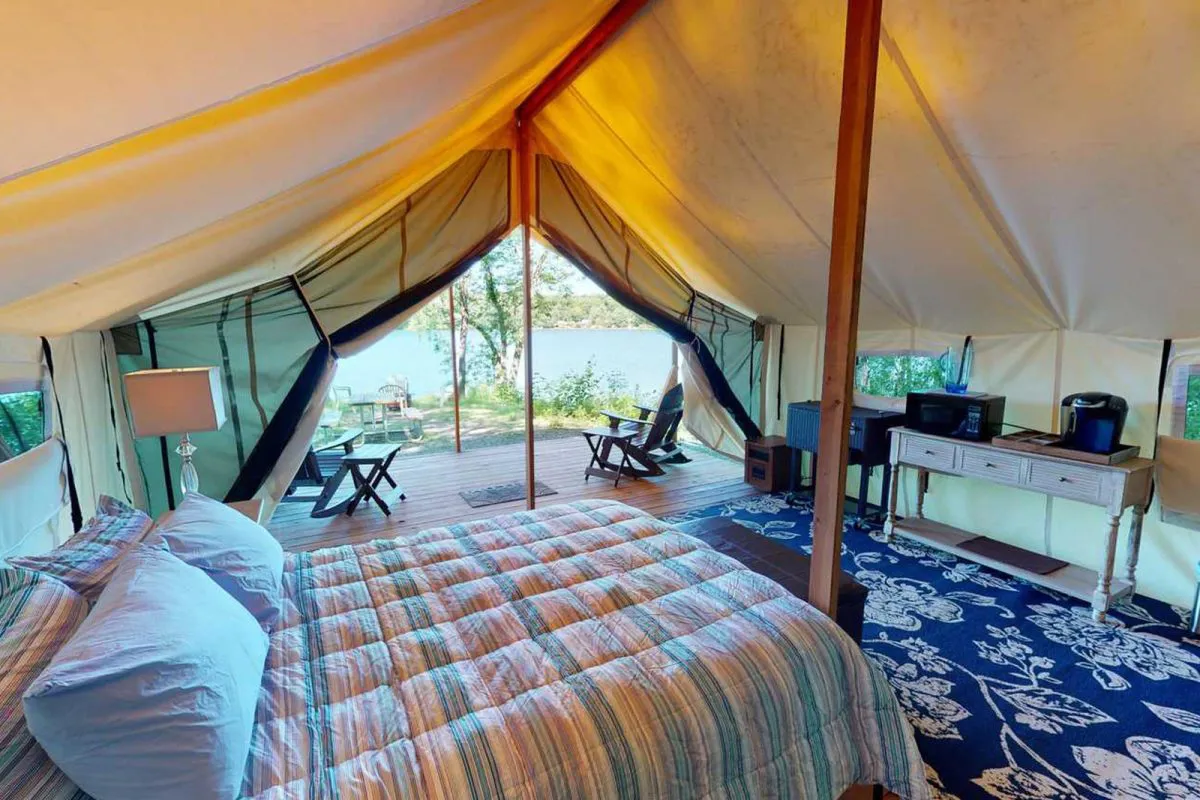The Rise of Eco-Friendly Resorts
With today’s growing awareness of the need to live more responsibly, a new breed of travellers are in search of experiences that mix conservation with luxury stays. This growing demand for eco-friendly resorts has opened up a new niche in the hospitality sector that is immensely profitable, and increasingly rewarding for local landowners.
These attributes place emphasis on sustainability – protecting the environment by reducing energy usage and water conservation, respecting local culture, and providing guests with a memorable experience.
Eco-friendly construction
In growing concern for eco-friendly travelling, summer vacations will soon become unbearable for some travel enthusiasts. There is no single solution to this widespread concern, but here travel organizations can make a difference by promoting sustainable travel that would counter the environmental impact, preserve cultural and natural heritage and respect social and cultural local communities.
Another important step for hotels addressing green hospitality is using recycled construction materials in their main buildings. These materials should be non-toxic and sourced locally, in order to avoid extensive carbon footprints that often harms local fauna and flora. Moreover, eco-friendly hotels implement energy-saving practices that reduce electricity consumption across their buildings, while ClimateTrade carbon offsets provide guests with solutions to travel more consciously. Having eco-friendly hotels in an area attracts sustainable travellers and puts it on the list of world leaders, while also raising awareness about climate action and green practices.
Locally sourced food
Furthermore sustainable construction enable eco-friendly resorts to lessen their carbon footprint and optimise renewable energy resources, as well as encourage waste management systems and recycling programmes that cooperate with tourists and local residents to minimise resources and use the least amount possible that does not cause harm to the surroundings as well.
Local partnerships are integral parts of the eco-resort lifestyle. Having organic produce flown in from the other side of the world would be pointless; resorts often hire local artisans or buy supplies from regional farmers instead. Not only do these efforts reduce a resort’s carbon footprint, they give guests an in-depth, involved look at target cultures and histories.
In today’s climate-aware travel market, sustainability isn’t just an optional extra – it is the ultimate performance goal. Small but distinctive steps by a resort that show a commitment to conservation and responsible tourism are an important signal of their intentions. We all want to leave a legacy that lets tomorrow’s traveller experience the wonders of nature for themselves.
Water conservation
Whenever water is a key issue, eco-friendly resorts try to reduce their use of water and electricity as much as possible. This can be achieved through producing energy from solar power, recycling trash, using eco-friendly appliances and (please) utilizing excellent cleaning products instead of cleaning chemicals. As for the water, water collection should be an essential part of how to organize the resort.
Providing support to local communities and reforesting natural ecosystems can also shrink your environmental footprint. Many conscientious eco-lodges source locally organic food and employ local artisans to provide an authentic cultural experience for their guests. And a portion of the takings from ecotourism enterprises are targeted into the region to fund developmental community projects and conservation initiatives.
Energy efficiency
Spas and pool will fulfil the guest’s expectations of a resort, while also offering them environments in which to relax. Restaurant will be present in these resorts ensuring that all their needs are met in a friendly and enjoyable environment.
Eco resorts are becoming popularised as their buildings supply guests with entertainment and activities. In order to maintain close to a carbon zero position, appliances used in these resorts have been developed to ensure energy efficient running. This allows the guests to enjoy their lockdown completely, without the worry of a huge carbon footprint.
Sustainable measures in the hotel might reduce its expenses, for instance, if the hotel engages in sustainable procurement with suppliers which helps to cut operation costs by limiting energy expenses.
As world awareness of environemental issues and resource depletion grows, more and more travellers look for eco-friendly hotels and resorts. Search trends for “eco-friendly hotel” and “eco resort” have shown a marked increase. Companies have to become increasingly transparent about their environmental policies or risk failure, making sustainability essential to their success.
Marketing and branding
In an age of planetary consciousness and mindful living, eco resorts, staffed and constructed wherever possible with renewable materials such as bamboo, and fitted with water-management systems that record per-guest consumption patterns, are catching on with modern travellers.
Second, and perhaps more importantly, they foster a greater sense of local immersion – both by geographical region and human personality – by generally ‘respecting’ local culture and traditions (culinary offerings that lean more towards local, rather than international, specialties combined with entertainment that usually consists of local dance and music, rather than generic ‘chorus-line’ shows).
The workers in these resorts need to speak with passion about environmental issues to offer insight and lead guests on ecotourism-themed activities while also respecting local flora and fauna.











